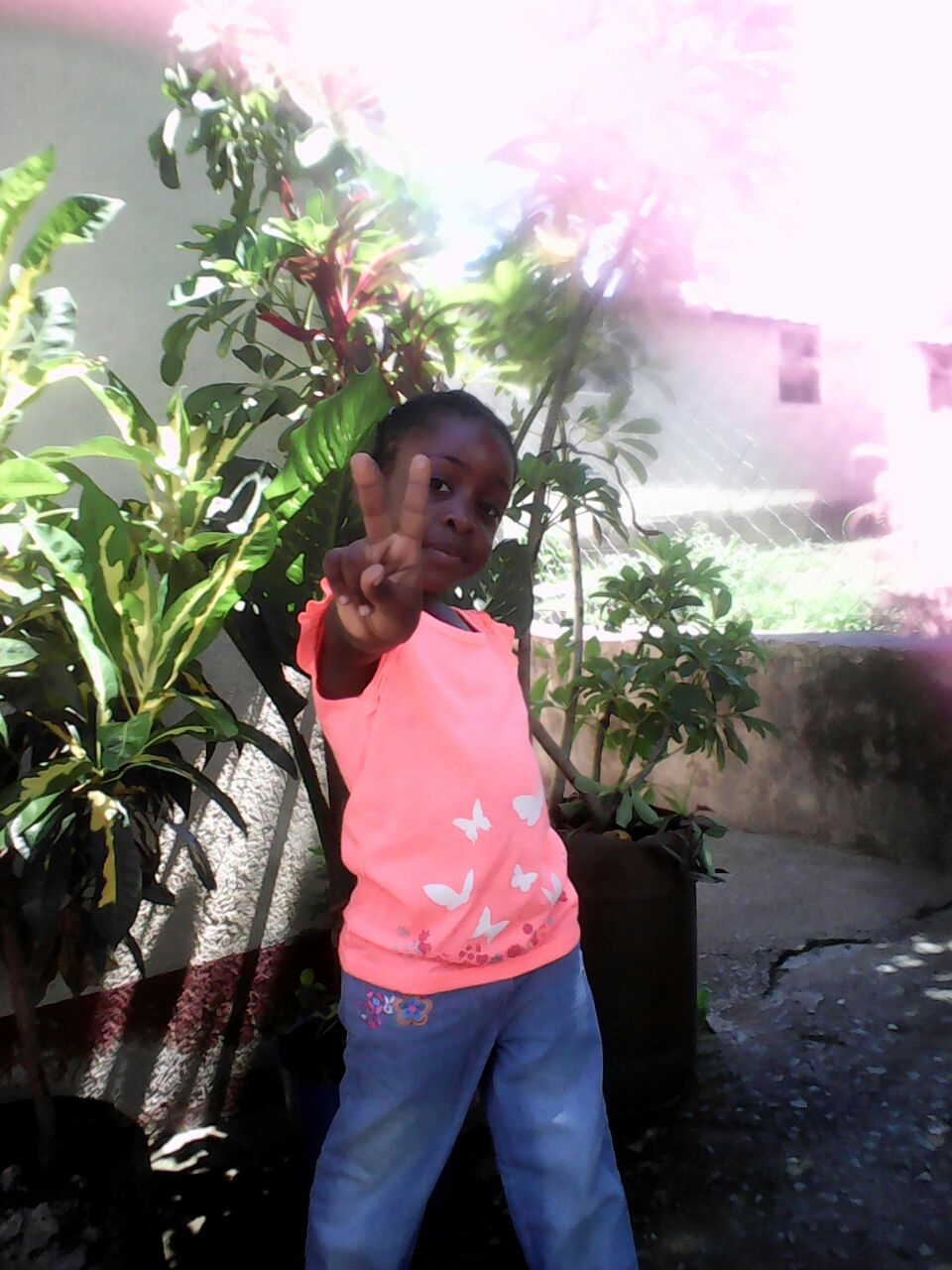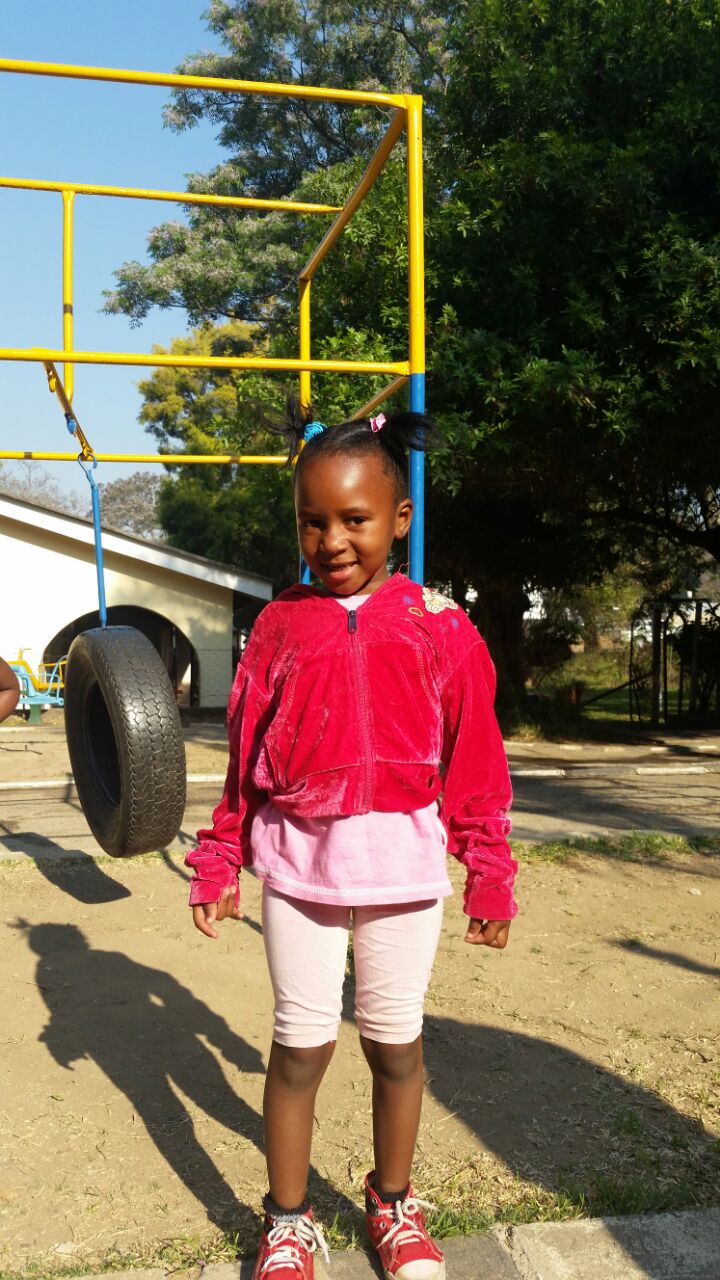When many people think of scholarships, they imagine older students who’ve already proven themselves to be academically inclined. So we’re often asked why our SKIPGO program targets three to five year old girls. We’ve written about why we’ve chosen to give early-stage scholarships before—but we can’t reiterate enough why it’s important to “bend the tree while it’s still young.”
The answer comes down to impact, and our desire to make the biggest, most lasting difference on both the students we’re helping to educate and the communities around them. Elizabeth Mateko, who manages our SKIPGO program in Zimbabwe, explains this tree metaphor: “Until they’re about seven years of age, children receive what is imparted on them. It’s the age when children get their foundation. As a tree grows it starts with roots. These roots form the strength or weakness of the tree. As the tree grows it get its food from the roots. Therefore as the child grows she gets her character from early childhood teachings.”
Research shows that it’s true that educating children at a young age has the most impact on their lives. Report after report—like the famous 1988 Perry Preschool Program study—demonstrate that students who partake in early childhood education tend to have greater success in future educational endeavors, early more money and commit fewer crimes. And perhaps even more importantly, as demonstrated by a 1990 study about Head Start programs along with other research, early-childhood education is shown to give students the social skills that will serve them all throughout their lives.
Our teachers on the ground in Zimbabwe also have ideas about why early childhood education is so important: “We impact students at an early age to prepare them for formal learning,” says Mrs. Chigumira, a teacher at Manicaland School where our scholar Stacey goes to school. “The children master basic skills and develop fine and gross motor skills. Children learn critical thinking and problem solving skills.”

Candice, who is now in second grade
Elizabeth adds: “Elementary education instills the importance of education in a child. It makes it easier for the student in more advanced learning. They will be able to make wise decisions in the future.”
Part of early childhood education’s impact comes down to pure common sense. The younger a student is when they begin their education, the less catching up they have to do later on. This concept is also backed by research: In James Heckman’s 2006 Science article, he shows how attempts to make up for educational deficits grow more expensive and less effective as a person grows older. As Elizabeth puts it: “Early childhood teachings hold longer than teaching at an older age. Hence the saying that you can’t teach an old dog new tricks. One has to catch them young.”
It also benefits communities at large to educate children at an early age. Heckman’s research shows that investing in early childhood education produces up to a 10% return by reducing costs like remedial education, health and criminal justice expenses.
Ultimately, the younger students are when they begin their education, the longer time they have to make use of that education and continue learning, growing, and contributing to society.


